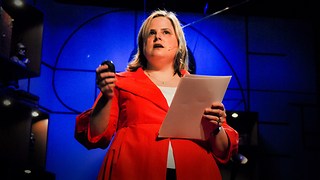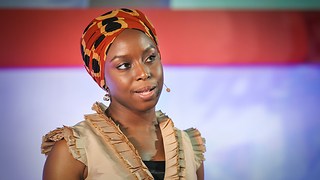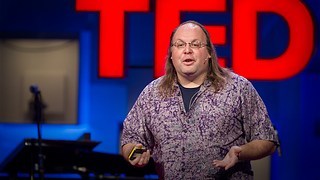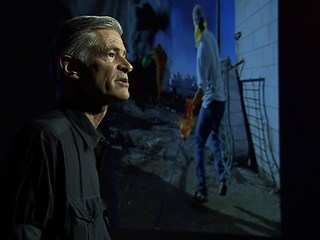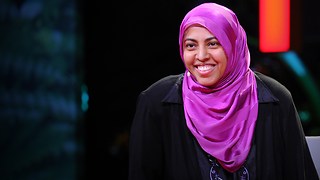Summary analysis
After watching the collection of talks on Covering World News, read a thoughtful recap of the major points in this TED Study, and learn where experts believe things are headed.
The speakers featured in Covering World News believe we're ill-served by the parochialism of our news at a time when the world's becoming a much more interconnected place. We desperately need our news to provide insights and information which allow us to reject representations that were forged in imperial times and which encourage the narrowest forms of ethnocentrism and nationalism.
As the speakers argued, the lack of breadth and diversity is manifest in the overdependence on the single-story approach to news; the gaps in consistent reporting on important sectors of the global village; the ideologically-driven misrepresentations of Africa and other regions; and the gendered patterns of news.
In response, journalists, academics and researchers are actively questioning news values and the media's habitual representations across as many different cultural and national spaces as possible. Opportunities for such reflection are provided by an increasing range of internationally- oriented journalism and communication studies schools, many of which champion substantive, critical dialogue between the represented and the representers. The more that isolated and marginalized communities can be brought in — those people whose stories haven't been covered, due to their gender, ethnicity, economic status or geo-political location — the more we can hope to erode the rigidity of news values which simply reflect the dominant paradigms of political and cultural control.
And particularly since we've witnessed democratic movements fueled in significant measure by social media and citizen journalism, we need to consider the nature and function of news in an era where boundaries are dissolving between the domains of professionalized communication and the enthusiasms of the eyewitness or the committed citizen. How are audiences and journalists carrying out their roles online, and how is that medium changing the news values of mainstream media organizations? How do news values and democracy interrelate?
Thanks to digital technologies and the data they generate, we probably know much more today than in previous decades about the quality and quantity of global news coverage, audience engagement and patterns of media consumption. When we combine investigation of this data with other research methods like linguistic analysis and ethnographic observation, we can achieve a better understanding the problems besetting global news flows, identify ways to improve journalistic practices, and find ways through which world news, in a technologically interconnected world, can be truly connected.
Relevant talks
